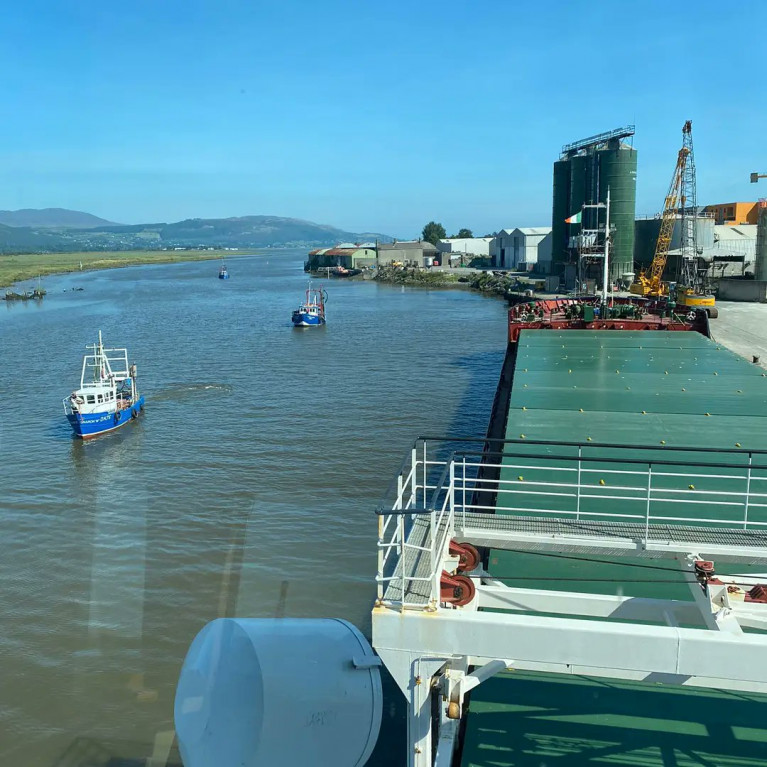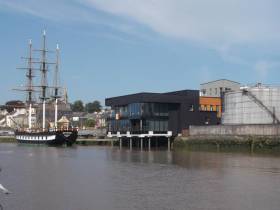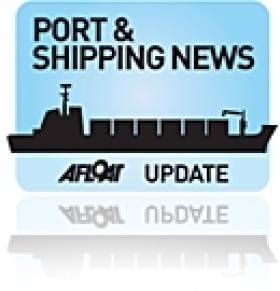Displaying items by tag: transfer
Co. Louth Port Set to Return to Local Ownership
Dundalk Port could come back under local ownership, after Louth County Council confirmed it hopes to be ready to begin the transfer process before the end of the year.
The port has been under the auspices of Dublin Port since 2011, and is currently operated under licence by a private company.
Cllr. Marianne Butler sought an update on Dundalk Port at the county council’s monthly meeting on Monday.
Chief Executive Joan Martin told councillors that discussions had been taking place with Dublin Port, and that risk assessments and “due diligence” was being carried out by the local authority.
More The ArgosDundalk reports on the Co.Louth port.
Takeover of New Ross Port to Unlock River’s Potential
#irishports - New Ross Port is to be transferred to Wexford County Council within the coming months and will lead to great opportunities for the development of the quays area of the town.
As NewRoss Standard writes, this is the view of director of services for economic development with Wexford County Council, Tony Larkin who addressed the monthly meeting of New Ross Municipal District.
Mr Larkin said the 'bottom tier' ports in Ireland are being transferred to local authorities.
'It's New Ross' turn. We have been in negotiations with the Department of Transport for two years. We've been doing due diligence on the port company and I compliment the work of the port company.'
He said the company is being disbanded and will merge into the council.
Mr Larkin said the transfer could occur as soon as May or June, and would have already taken place if not for some cost issues involving the removal of the oil tanks on the quay and the cost of draining the Barrow.
For the transfer to take place three ministers have to sign the transfer letter.
For further reading on this development at the inland port click here.
Transfer of Cargo from Stricken Tanker Delayed
#SHIPPING - The transfer of cargo from the damaged oil tanker sheltering at the entrance to Belfast Lough has been posponed for at least two more days.
As previously reported on Afloat.ie, the 228-metre Germar Companion - which is carrying 54,000 tonnes of vacuum gas oil - was redirected to Belfast after reporting a cracked hull en route from Rotterdam to New York.
The merchant vessel has been sheltering off the Copeland Islands since 16 December, where an official examination recommended removal of the cargo.
Today (31 December 2011) had been the scheduled start date for the move of the tanker's hazardous cargo by ship-to-ship tranfer. But the move has been delayed as the second ship, the BW Seine, is still en route to Belfast Lough.
"It is currently in the North Sea and could take another two days before it reaches the vessel and starts to transfer the cargo," a coastguard spokesperson told the Belfast Telegraph.
The transfer will be managed by specialist company Fendercare Marine in the lough, and could take between 24 and 36 hours. Once finished, the Germar Companion will sail into Belfast for repairs.































































